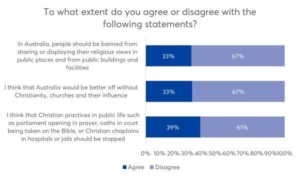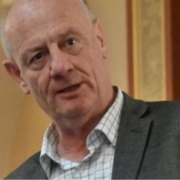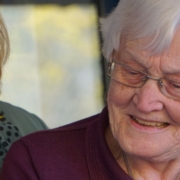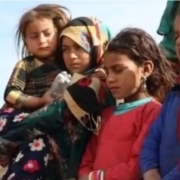Pandemic Causing an Increase in Spiritual Openness Amongst Australians
By: Kim Wilkinson
Australians are experiencing a renewed spiritual awakening with three in ten praying more since the pandemic.
A recently released report has revealed that the experience of COVID-19 has caused many Australians to experience a renewed spiritual search. A third of Australians have thought more about God (33%), while three in ten (28%) have prayed more. During the pandemic almost half of Australians have thought more about the meaning of life (47%) or their own mortality (47%).
The collective experience of the pandemic has ushered in a return to local and a focus on community, with half of Australians (53%) valuing a strong local community more than they did three years ago. The local church is a key element of the local community with three in four Australians (76%) agreeing the churches in their local area are making a positive difference to their community.
The research, which was conducted by McCrindle Research and surveyed 1,000 Australians also found that two thirds of Australians are likely to attend a church service either online (64%) or in-person (67%) if personally invited by a friend or family member. Far from religion and spirituality being only for older Australians, Gen Z (45%) are twice as likely as Baby Boomers (21%) to be extremely or very likely to attend an online church service if personally invited by a friend or family member.
Mark McCrindle, Founder and Principal of McCrindle Research says, “This data is worth reflecting on a little longer: in this seemingly secular era, where the church is perceived by many commentators to be on the decline and culturally outdated, almost half of all young adults invited to a church service by a friend or family member would very likely attend.”
The report also found that Australians are accepting of others’ religious views.
Nine in ten (90%) agree that in Australia people should have the freedom to share their religious beliefs, if done in a peaceful way, even if those beliefs are different to mainstream community views. There is, however, wavering support for religious symbolism in public life. Almost two in five Australians (39%) agree that Christian practices in public life such as parliament opening in prayer, oaths in court being taken on the Bible, or Christian chaplains in hospitals or jails should be stopped. Three in five (61%), however, disagree and are therefore open to Christian practices in public life continuing.

Interestingly, Religious discrimination is a genuine issue in Australia with almost three in ten Australians (29%) having experienced religious discrimination, this equates to about half of those who identify with a religion which is six in ten Australians.
Australians who identify with a non-Christian religion are more likely to have experienced discrimination (54%) than Protestants (27%) or Catholics (32%). Religious discrimination is also more likely to be experienced by younger Australians who are four times as likely as their older counterparts to say they have experienced religious discrimination (51% Gen Z cf. 13% Baby Boomers).
You can download the City Insight report here
For more information or to arrange an interview please contact Kimberley Linco: kim@mccrindle.com.au
About this Research:
These insights are from the Australia’s spiritual climate report which is based on quantitative research, as well as scoping research and data analytics. A nationally representative online survey of Australians aged 18+ was conducted to gain insights that form much of this release. The survey was in field from the 10th to the 13th of September 2021 and collected 1,000 responses.
About McCrindle
McCrindle is an Australian based social research, demographics and data analytics firm. Their research methodologies include national surveys, population modelling and qualitative research.
Article supplied with thanks to Christian Media & Arts Australia.
About the author: Kim is a media and communications professional who specialises in building community and valuable relationships.










